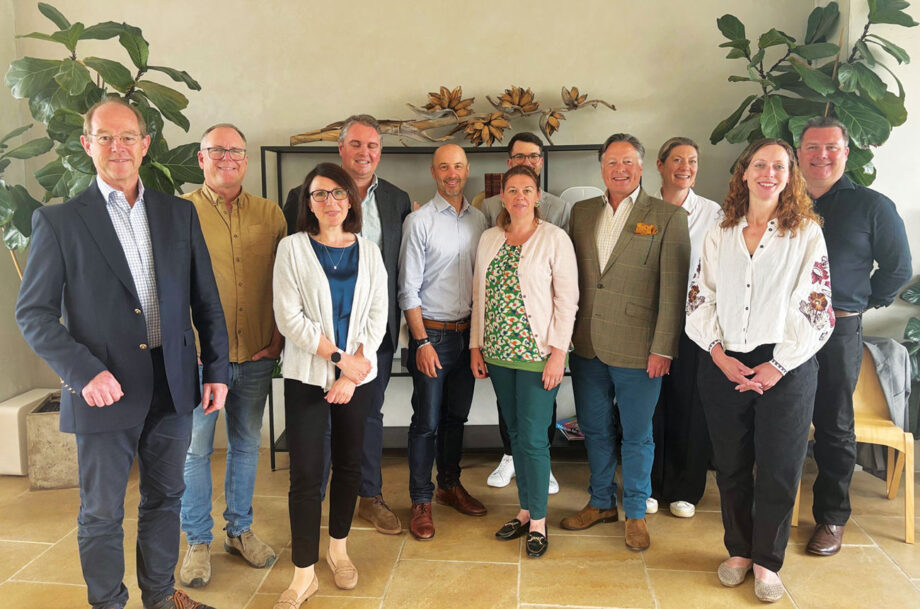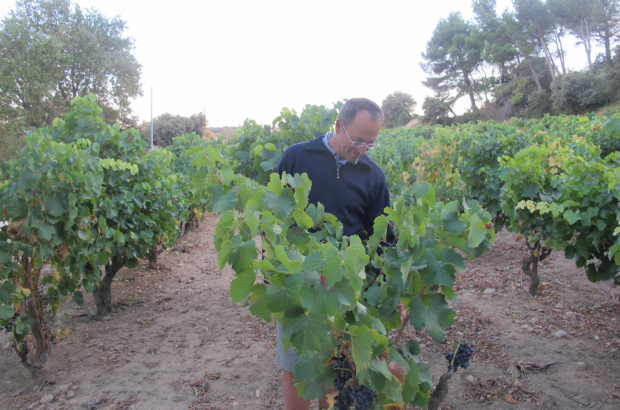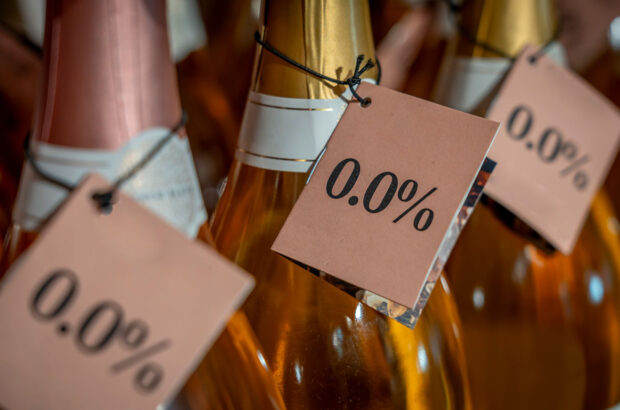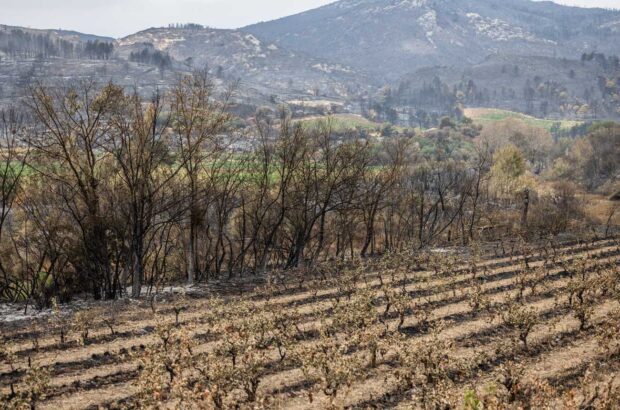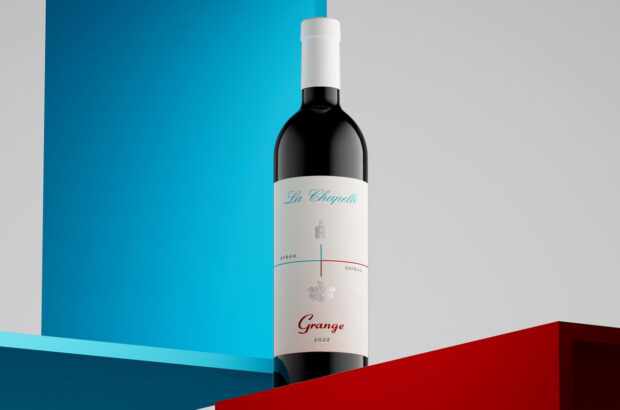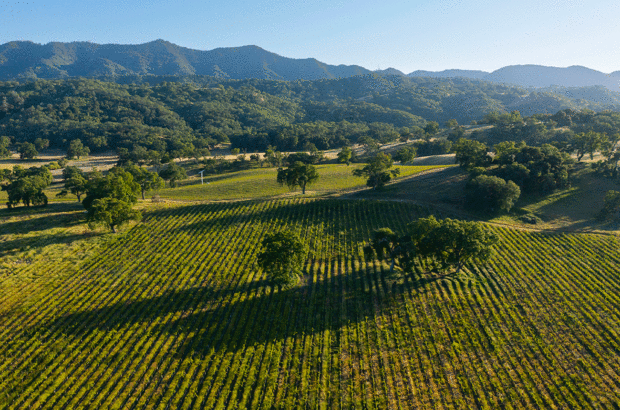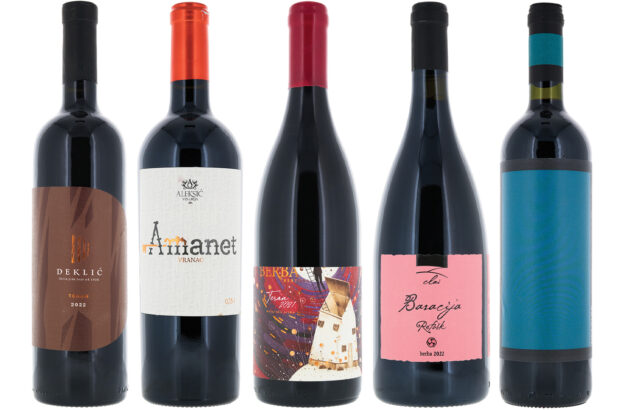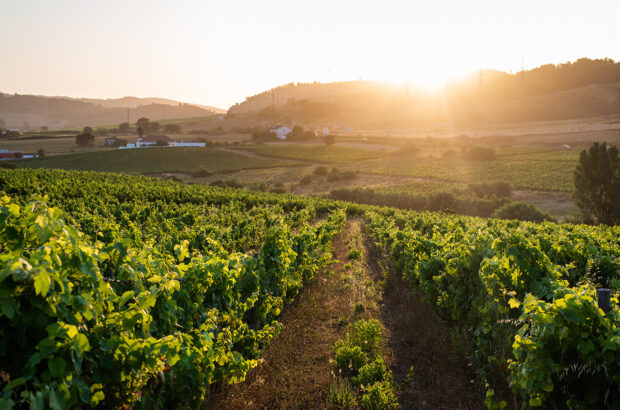The romantic idea that wine is a labour of love can veil the truth that many of those involved in the backbreaking tending of vineyards live a life far removed from any romance. Often displaced, navigating grey zones of immigration and settlement laws, and juggling a succession of disparate seasonal farming work – in countries whose local language and labour laws they do not understand – they form the huge, international and most vulnerable community that puts so much of our foodstuff on supermarket shelves.
Against a backdrop of inflation, rising production costs and severely strained world supply chains – not to mention the fractious state of global politics – those upon whom producers rely to grow and harvest their grapes can easily become the weakest link. That much has become starkly apparent in recent weeks in the US, as government Immigration and Customs Enforcement (ICE) raids and deportation policies have begun to be forcibly enacted (Ana Carolina Quintela’s 17 June dispatch from California on decanter.com, ‘California’s wine communities face deeply human costs’, is compulsory reading).
Collective urge to act
How can wine industry stakeholders affirm an ethical stance and ensure fairness across the supply chain? And how can fairness be assessed and measured? These key questions were brought to the table at a thought-provoking and much-needed session in late May, organised by UK importer and member-owned retailer The Wine Society (TWS), and moderated by Dr Peter Stanbury, research director at the Sustainable Wine Roundtable. The perspectives of producers, importers, retailers, regional bodies, policy advisers and sustainability strategists offered a 360-degree overview of the underlying issues and goals.
Three main action points emerged from the discussion: the need for industry-wide mobilisation (not unlike what, to a great extent, has happened with environmental sustainability and certifications); the urgent creation of efficiencies; and the building of trust, as a byproduct of transparency and mutual accountability, among industry stakeholders. In turn, these would allow the implementation of basic labour standards (a simple example given: the requirement to supply legally binding contracts in both the employers’ and employees’ language) and the engagement of agents at all levels, from field managers to C-level executives (holders of the highest strategic roles within a company), from producers to distributors.
Mobilisation, operationalisation and transparency would in turn allow the industry to build a framework for ethical sourcing, with clearly defined requirements and Key Performance Indicators. One can easily measure changes in bottle weight, but how to measure a producer’s relationship with their workers? Laura Falk, the human rights expert who has been advising TWS, thinks that it all starts with the willingness and ability to ask the right questions when engaging with producers.
Therefore, the foundation of this industry-wide effort should perhaps be the creation of a shared lexicon of labour standards, able to transcend the current legal frameworks. As Allan Sichel, president of Bordeaux’s regional body CIVB, pointed out, ‘[legal] labour guidelines can be very far removed from de facto labour practices, meaning that [on paper] compliance is, more often than not, simply not enough’.
At stake is not merely the reputational risk business leaders fear when cases of abused workers come to light, but a change in paradigm that ensures the preservation of social value across the whole of the wine supply chain.
Sip to make a difference
Hunter’s, Offshoot Chardonnay, Marlborough, New Zealand 2022
Score: 92
£19.50 The Wine Society
James Macdonald, senior winemaker at Hunter’s Wines, spoke at the Sustainable Wine Roundtable on the challenges of sourcing workers from the Pacific Islands. The issues and frictions involved partly resulted in the creation of New Zealand’s Recognised Seasonal Employer Scheme. This wine is an example of the great work done by Macdonald’s team. An unpretentious yet moreish Chardonnay, fermented and aged for 12 months in 30% new French oak casks then three months in tank. Vibrant yet soft with fleshy yellow fruit, an elegant smoky frame adding definition. Drink 2025-2028 Alcohol 12%



